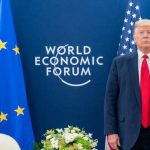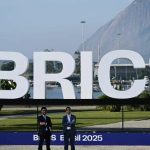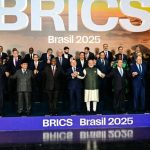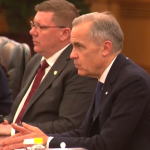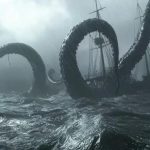The Chinese Ministry of National Defense on July 31 held a reception in Beijing’s Great Hall of the People, where the rubber-stamp legislature of the Chinese Communist Party (CCP) meets, to mark the 98th anniversary of the People’s Liberation Army (PLA). What drew people’s attention was not the speeches, but rather who was absent from the event.
Compared with last year’s guest list, multiple top-ranking generals were conspicuously absent. In total, at least a dozen senior officers, including several generals, have either disappeared from public view, been removed from their posts, or been placed under investigation in recent months. Some were last seen months ago, while others vanished abruptly without an official explanation.
This wave of disappearances follows a pattern. Since the 20th CCP Congress in late 2022, the PLA has gone through at least four major purges. The most high-profile cases have involved officials at the very top of the military hierarchy—figures once considered close allies of CCP leader Xi Jinping himself.
The sheer scale of the shake-up was unprecedented in recent decades. In less than three years, the Chinese military’s top command has lost a significant portion of its leadership. By some counts, more than 40 generals—current and retired—have been purged, sidelined, or quietly removed since late 2022. Cercius Group, a Canadian think tank specializing in China issues, estimated in late 2023 that the true number could be even higher, at about 70 generals.
Ongoing Factional Infighting Within the PLA
Following the 20th CCP Congress, China’s armed forces have been rocked by at least four major purges. Each wave has targeted senior officers across different branches—from the Rocket Force, which manages China’s nuclear arsenal, to its navy, army, and armed police.
The pattern is striking, with one purge setting off another. In late 2022, a sweeping investigation into the Rocket Force led to the removal of multiple top commanders. In November 2024, the head of the Political Work Department of the CCP’s Central Military Commission (CMC), Adm. Miao Hua—responsible for the appointment and promotion of the PLA’s top brass—was abruptly dismissed. Within weeks, more senior officers were taken down from their posts. Then, in March, one of the two vice chairmen of the CMC, Gen. He Weidong, vanished from public view, triggering yet another round of removals.
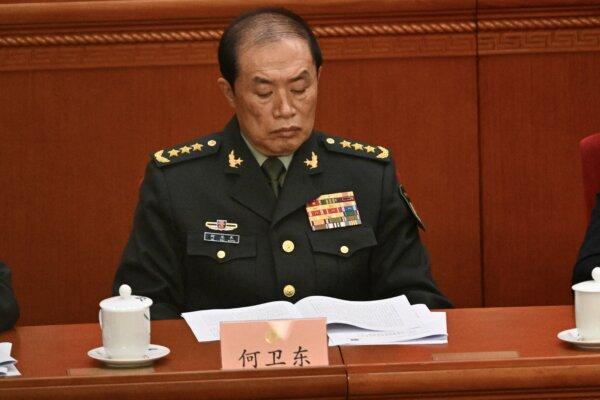

Chinese state media’s own language hints at the scale of the shake-up. Last month, the PLA’s mouthpiece newspaper, PLA Daily, announced new regulations to “purge toxic poisons” and “rebuild the political credibility of cadres”—a euphemism for purging officers accused of corruption or factionalism.
The CCP’s Deepening Legitimacy Crisis
The CCP portrays the PLA as a loyal, disciplined force dedicated to defending China’s sovereignty. But the reality is that the Chinese public, including the millions of people serving in uniform, know almost nothing about why so many senior officers have been removed. Outside of vague official references to “serious violations of discipline,” details remain secret.
This blackout raises uncomfortable questions. If taxpayers fund the military, why do they have no right to know about misconduct at the highest levels? If so many top officers are unfit for command, what does that say about the system that appointed them?
A Growing Trust Deficit
In Chinese political culture, rooted mainly in Confucian ideals, a ruler must earn the trust of the people. However, trust is a two-way street. The CCP’s decision to hide all information about the purges inside a “black box” shows both a lack of trust in the public and deep insecurity about its own authority.
Even more damaging is the absence of accountability. The same senior officials who approved these officers’ promotions have not acknowledged any mistakes or taken responsibility for their failure to provide oversight. While the CCP has formal mechanisms in place for political responsibility—such as the “cadre selection accountability” and the “CMC Chairman responsibility system”—these systems appear to be ineffective in practice.
Entrenched Corruption in the Military
Xi came to power vowing to clean up the PLA, and during his first two terms, from 2012 to 2022, more than 160 generals were investigated, which was more than in all of the previous political upheavals, wars, and campaigns since the PLA’s founding in 1927 combined. Yet the purge cycles after 2022 show that the rot is far from gone.
Xi’s Diminishing Control Over the Military
Perhaps the most politically dangerous element of the recent purges is that they have claimed some of Xi’s closest allies in the military. Two of his most trusted officers, Miao and He, were removed within months of each other. Both were considered essential to maintaining Xi’s direct grip over the armed forces.
A Dangerous Signal
Since late 2022, the PLA has seen an almost unprecedented turnover among its top military officials. If even the third-most powerful officer in the Chinese military can vanish overnight, no one inside the system is truly safe. In an authoritarian state that prizes control above all else, that uncertainty may be the clearest sign yet that the political system is under significant strain.

